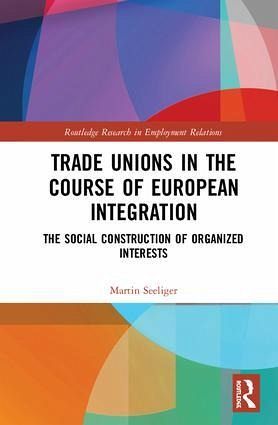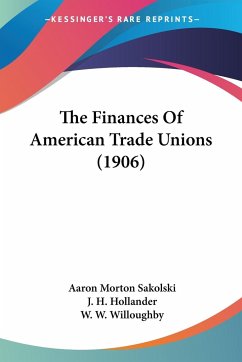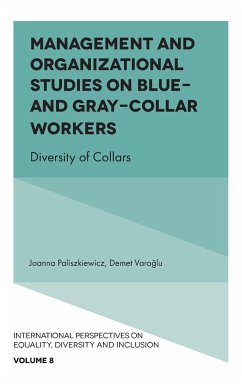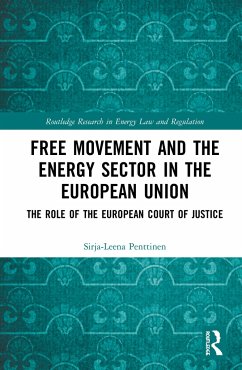
Trade Unions in the Course of European Integration
The Social Construction of Organized Interests
Versandkostenfrei!
Versandfertig in 1-2 Wochen
168,99 €
inkl. MwSt.
Weitere Ausgaben:

PAYBACK Punkte
84 °P sammeln!
From the perspective of trade unions, European integration makes it more necessary than ever before to establish common political positions. At the same time, increasing heterogeneity between the member states makes the crafting of such positions more and more difficult. Can, under these circumstances, a joint political line among European trade unions emerge? To answer this question, the book sheds light on transnational trade union cooperation in the three most important policy fields: the debate around the Freedom of services, the discussion over a European minimum wage, and the efforts of ...
From the perspective of trade unions, European integration makes it more necessary than ever before to establish common political positions. At the same time, increasing heterogeneity between the member states makes the crafting of such positions more and more difficult. Can, under these circumstances, a joint political line among European trade unions emerge? To answer this question, the book sheds light on transnational trade union cooperation in the three most important policy fields: the debate around the Freedom of services, the discussion over a European minimum wage, and the efforts of international wage coordination. Drawing on the results of extensive field research based on a qualitative study among trade unions from Hungary, Poland, Sweden, and Germany, as well as representatives from the European level, this book points to a significant gap in European trade union politics between pretensions and reality. The findings provide a solid theoretical framework, suitable not only to explain current dynamics in the field of European trade unionism, but also promising for further research on the topic. With its focus on a contested political field, Trade Unions in the Course of European Integration contributes to practical and theoretical debates within European trade unionism. As an adequate understanding of European trade unionism in general and collective bargaining requires a twofold perspective on European integration and the role of trade unions in European labor relations, two fields of scholarly interest are being addressed. Moreover, with its focus on European trade unionism as an internationalist project of labor politics, the book will also appeal to those interested in the field of Global Labor Studies.













